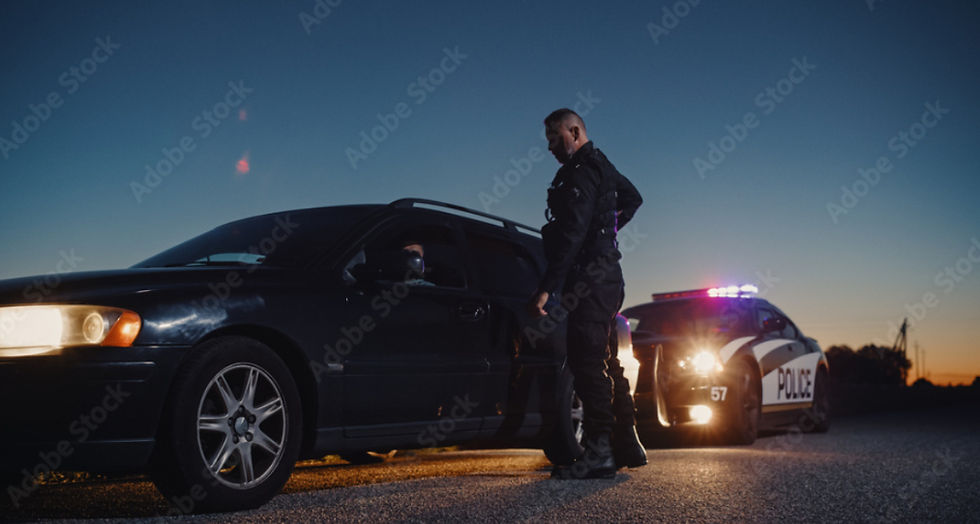
In his bid for president, Donald Trump is pledging to implement policies around crime and policing that would reverse the broad trend of police reform that accelerated after the murder of George Floyd, writes Ronald Brownstein in The Atlantic.
Even as Trump relies on unprecedented support from Black and Latino voters, he is embracing policies that would expose their communities to much greater police surveillance and enforcement — including providing cities with more funds to hire police officers; pressuring officials in major cities to employ more aggressive policing tactics, such as “stop and frisk,” in high-crime neighborhoods; and strengthening legal protection for law-enforcement officers accused of misconduct.
“I suspect that in many places, you would see policing that is much harsher, much more punitive, [and] not nearly as concerned about the racial disparities in the way that policing happens,” Christy Lopez, a former Justice Department attorney who led multiple federal investigations of racial bias in police departments around the country, said. “All of those things that we have been working for years to dismantle will be built up again.”
The cumulative effect of Trump’s proposals would be to push local police departments toward arresting more people, and inevitably increase the number of Black and Latino people entangled in the criminal-justice system, after years of declines in the total number of arrests.
The magnitude of Trump’s plans on policing and crime has drawn little attention in the presidential race so far. But on virtually every front, Trump proposes to use federal influence to reverse the efforts toward police reform.
In addition, Trump has pledged to launch federal civil-rights investigations into progressive proescutors, pursue the death penalty for drug dealers, dispatch the National Guard, and has called on police to shoot shop-lifters.
“Very simply, if you rob a store, you can fully expect to be shot as you are leaving that store,” he said in one speech.
Trump has not provided detail on his crime proposals, which some experts say makes it difficult to evaluate their potential impact.
“Reading over the Trump plan, I would say it is a mix of the good, the bad, the puzzling, and the incoherent,” Jens Ludwig, director of the University of Chicago’s crime lab, said.
Whether or not Trump will be able to fulfill his goals — including providing police more legal protection, and influencing police tactics — is an open question.
Lopez, who is now a professor at Georgetown Law School, says Trump can’t order other police departments to precisely replicate the aggressive stop-and-frisk practices from New York City that have been found unconstitutional. But, she says, tying federal aid to stop-and-frisk and the other hard-line policies Trump is promoting could nonetheless exert a powerful signaling effect on local law enforcement.
“At the federal level, you can use your influence, your dollars, your training to encourage practices that are more or less alienating to communities,” she said. Trump’s touting of stop-and-frisk, Lopez added, is “a signal that his administration is going to really promote some of the most aggressive, alienating practices that police departments have partaken in.”

Commentaires